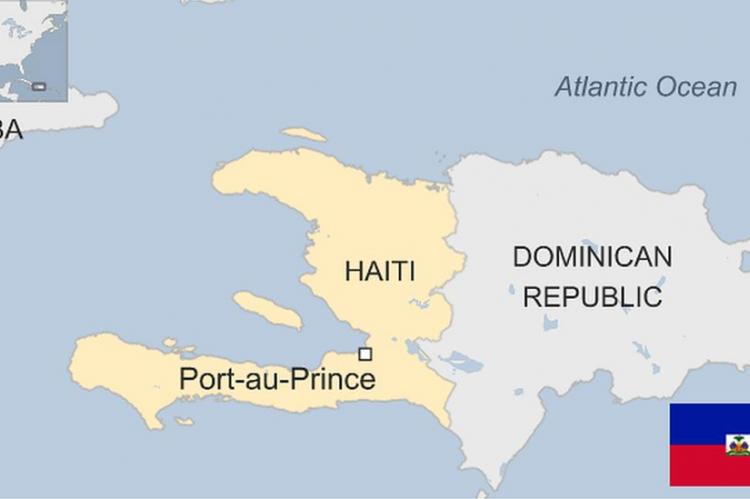"Haiti in Crisis: Political Instability, Economic Fragility, and Environmental Degradation Worsen as International Community Urged to Act"
By: Omar Silva, NP Staff Writer
Belize City: Sunday 6th March 2023
CARICOM, the regional body of Caribbean nations, has taken a proactive role in addressing the crisis in Haiti. The group has called for a Haitian-led solution to the crisis and has encouraged dialogue among Haitian stakeholders. CARICOM leaders have pledged to support the Haitian National Police in addressing the security situation and to seek support from African countries and international financial institutions to provide further assistance to Haiti.
A statement issued today, highlights the importance of providing support to the Haitian National Police in addressing the security situation, with a focus on the provision of training and humanitarian assistance. Seeking support from African countries, as well as Canada, the United States, and the UNDP, could also be helpful in addressing the ongoing issues in Haiti. Finally, approaching international financial institutions such as the IMF and the World Bank to ascertain what further assistance they could provide to Haiti may be another avenue to explore.
Haiti, the poorest country in the Western Hemisphere, has been facing a multifaceted crisis for decades, characterized by political instability, economic fragility, social inequality, and environmental degradation. The country has been struggling with a series of challenges, including natural disasters, foreign intervention, corruption, and violent crime, which have taken a heavy toll on the Haitian people and their institutions.
The most recent crisis in Haiti began in 2018 when protests erupted over a fuel price hike, triggering a wave of social unrest that forced the government to suspend the price hike. The protests continued, fueled by widespread frustration over government corruption, rising inflation, and a deteriorating security situation. The country's political crisis deepened when the President, Jovenel Moïse, dissolved parliament in 2019 and ruled by decree, further fueling public anger and leading to accusations of authoritarianism.
In July 2021, the political crisis in Haiti escalated when President Moïse was assassinated at his home by a group of armed individuals. The assassination threw the country into further chaos, with rival factions jockeying for power and street protests erupting across the country. The interim government, led by Prime Minister Ariel Henry, has struggled to maintain control and address the many challenges facing the country.
In addition to the political crisis, Haiti is grappling with a severe economic crisis, exacerbated by the COVID-19 pandemic, which has hit the country hard. The pandemic has further strained Haiti's weak healthcare system and pushed the country's economy into a recession. The country's poverty rate has increased to nearly 60%, and more than 4 million Haitians are now facing food insecurity.
Haiti's environmental crisis is also a major concern. The country has suffered from deforestation, soil erosion, and natural disasters, such as hurricanes and earthquakes, which have caused widespread damage and loss of life. The 2010 earthquake, which killed more than 200,000 people and left millions homeless, was a devastating blow to the country's already fragile infrastructure and economy.
Haiti's complex and interrelated crises require a comprehensive and coordinated response from all stakeholders involved, including the Haitian government, civil society, and the international community. The Haitian people need support to address the root causes of the crisis, including poverty, inequality, and political instability, and to build more resilient and sustainable institutions.
The international community has a critical role to play in supporting Haiti's recovery and development efforts. The United Nations and its agencies, along with other international organizations, have provided humanitarian assistance and development support to Haiti over the years. The US government has also provided substantial aid to Haiti, although its policies towards the country have been controversial, including its support for some of Haiti's authoritarian rulers.
In conclusion, the crisis in Haiti is complex and requires a concerted effort from all stakeholders involved to find a Haitian-led solution. The Haitian people need support to address the root causes of the crisis and build more resilient and sustainable institutions. The international community can play a crucial role in supporting Haiti's recovery and development efforts, but it must do so in a way that prioritizes the needs and aspirations of the Haitian people.
- Log in to post comments

